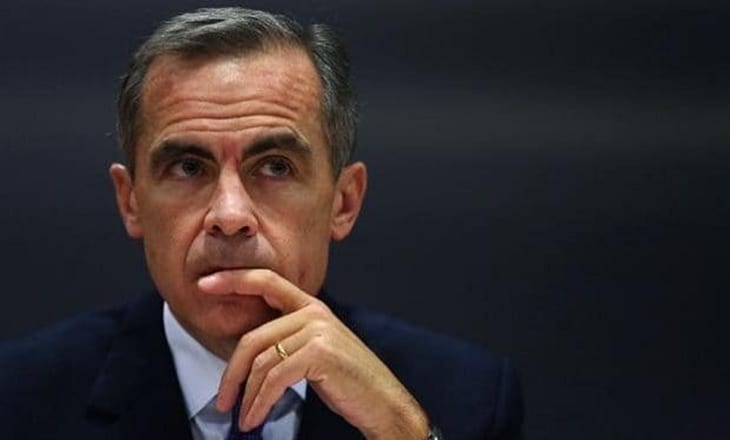The following article was written by Ipek Ozkardeskaya, Senior Market Analyst at FCA regulated broker London Capital Group Holdings plc (LON:LCG).

Ipek Ozkardeskaya, LCG
The UK inflation fell by 0.1% on month to July versus 0.0% expected by analysts. Apparently, the soft pound didn’t cause a positive readjustment in British consumer prices. The headline inflation remained unchanged at 2.6% year-on-year.
The retail sales advanced by 0.3% on month to July, beating 0.2% expected by analysts and understandably lower than the surprise rise of 0.6% in June – perhaps caused by the unexpected jump in wages during the same month.
For now, all is well for the Bank of England (BoE) Governor Mark Carney. The UK’s inflationary pressures are easing as has been predicted due to a slowdown in wages growth. This means that the decline in real wages could continue translating into lower consumption and temper the positive impact of softer pound on the UK’s inflation moving forward.
Under these circumstances, the BoE could keep the interest rates at the current historical low levels for an extended period of time and walk the UK businesses through challenging Brexit times.
Of course, the surprise jump in June wages growth raised questions regarding the sustainability of the latter reasoning, yet the fact that the upside volatility in June earnings data may have been due to the one-off bonus payments maintains the odds in favour of Carney’s dovish stance on the UK’s monetary policy. After all, the retail sales returned to foreseeable levels in July data.
As a result, the BoE hawks are gradually readjusting their interest rate hike expectations on the dovish side and adopt their view to an extended period of loose monetary policy, which, within the softer inflation environment, is considered as a reduced risk of a significant deviation from the BoE’s 2% inflation target.
Cable’s negative trend could deepen
Cable broke 1.3007 support, the 38.2% retracement on June – August rise, after the Bank of England maintained its dovish rhetoric regarding the foreseeable future of its monetary policy, despite projecting an optimistic view on macro-factors.
The UK inflation data sent the pound to a month-low.
The daily Moving Average Converge Divergence (MACD (29, 13, 9) on LCG Trader) turned negative for the first time since June, suggesting that the negative trend could gain further momentum toward the 200-day moving average (1.2666), if the critical 1.2847 support (major 61.8% retracement) is cleared.
Intermediate support is eyed at 1.2748 (minor 76.4% retracement).
Euro-pound traders are hedging against a weaker pound
Against the single currency, the pound traded at a 10-month. The divergence between the Bank of England and the European Central Bank (ECB) policy outlooks is expected to widen, provided that the ECB will likely start unwinding its Quantitative Easing (QE) program starting from September.
The 0.90 level is a plausible candidate for providing mid-term support to the EURGBP.
